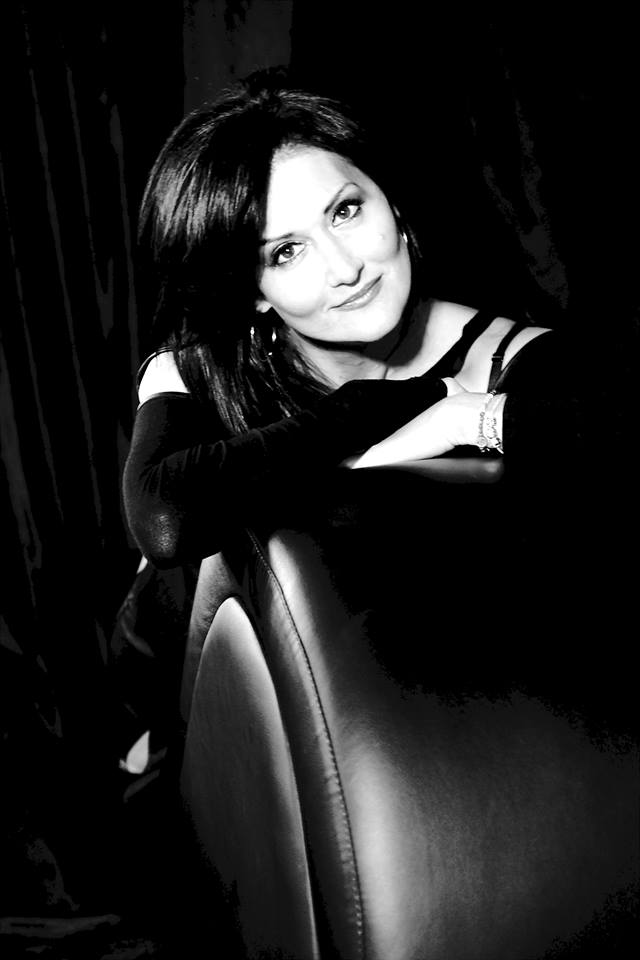

If anyone ever tries to get me to fit a mold to serve a purpose that’s not fulfilling my creative urge, I sort of feel like backing away. When I said I didn’t want to go there anymore, my mom just whipped me out of it straightaway, and it’s the same now. While going to that school when I was 10, I was strictly asked to pull my hair back really tight and it just didn’t feel right with me. It was very traditional and to be honest, the majority of people who were getting parts written were white people. In the early 2000s when I went to the performing arts school, it was a school for theatre and specifically here to get into shows in the West End which is the equivalent to Broadway in New York. Why was that?ĬELESTE: People had a specific mold and model that they wanted me to fit into and I didn’t want to change my fundamentals of who I am for the sake of appeal to these people that I didn’t really care about what they thought of me. In an interview with The Guardian, you said that “introducing a work ethic” to singing and performing arts school kind of put you off. In that time, their culture was completely integrated into British culture and then became these subcultures of ska and punk, which came later as an amalgamation of the two cultures.

When the second world war finished, it was called the Windrush Era but a huge amount of Jamaican men, more so than women, came to the UK to help rebuild the cities and the towns from being bombed in the war. I also grew up listening to a bunch of ska which I think is quite British because of that culmination of Jamaican people coming here in the ‘50s. Perhaps that’s the reason why even though my grandparents are white, their music taste was coming from the Black community’s taste in music.

A lot of the music I grew up listening to was from that era of American singers and I think that was a sign of the times back then that most British people were looking to America especially in soul, blues and jazz because they were at the beginning of it and we didn’t have much of it in the UK. You know those 4-piece or 5-piece men vocalists? Those kinds of things. They’re actually English but most of the music they listened to was the pop and soul of the ‘50s and ‘60s like The Platters, Aretha Franklin and The Flamingos. How does your upbringing in the UK empower your appreciation for music?ĬELESTE: It’s funny because most of the music that I grew to love was music that my grandparents played me.

Fresh off the high from her scoring her first number one album and receiving recognition for her work on the Golden Globe-winning film Soul, ESSENCE caught up with the industry’s new favorite Brit to discuss mainstream music, her UK upbringing, and the use of social media as a tool for artists! Now at 26 years old, Celeste is an award-winning singer-songwriter giving the mainstream industry something to look forward to with her artistry. She has come a long way since her YouTube cover days at 17. Though she was born in Los Angeles, Celeste, whose father is Jamaican and mother British, was raised in Brighton, UK, and currently resides in London, England. Though she’s been compared to the likes of Amy Winehouse, Adele, and the late Nina Simone, Celeste is proving her ability to carve out a lane of her own. Not to mention, just last year Celeste landed at number one in BBC’s Sound of 2020 poll and copped a Rising Star Brit Award. Not since Jess Glynne topped the charts in 2015 has a British female singer achieved this feat. Celeste Epiphany Waite, whose stage name is simply Celeste, nabbed her first number one on the UK Albums Chart with her debut project Not Your Muse last month.


 0 kommentar(er)
0 kommentar(er)
